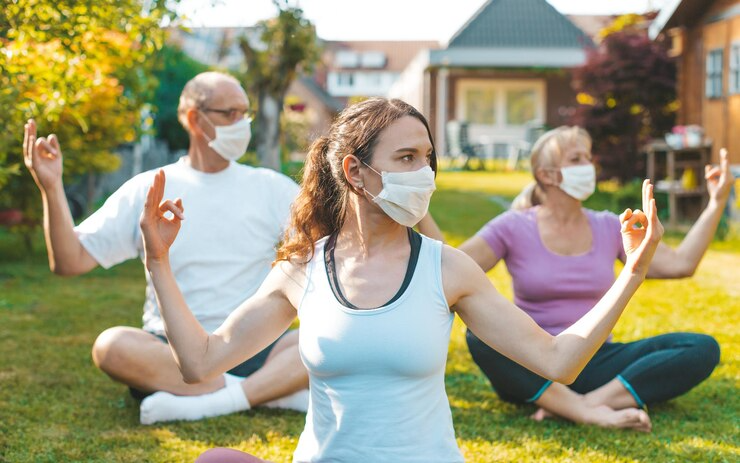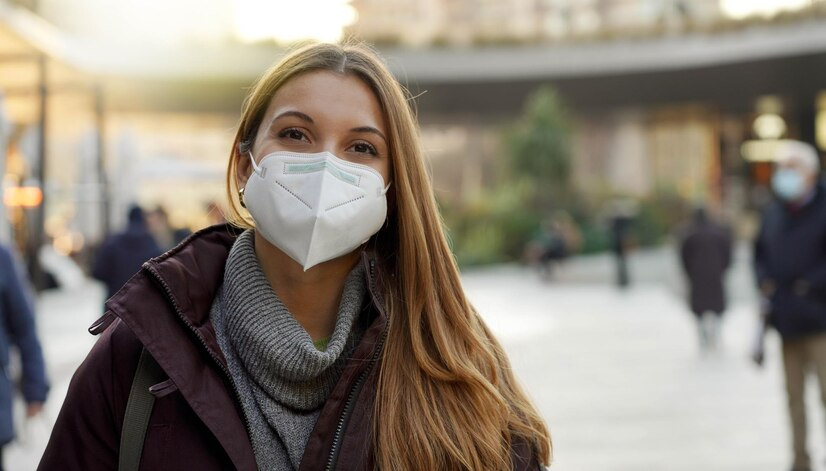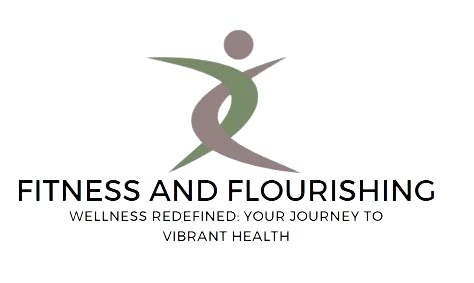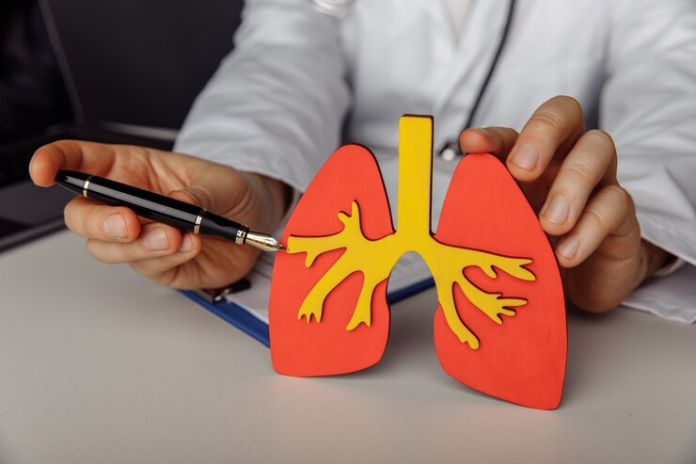Healthy lungs are the foundation for a vibrant, energetic life. They fuel every move, from a relaxing walk in nature to an invigorating workout. But just like any other part of our body, our lungs need care and attention to function at their best. This essential guide will equip you with the knowledge and practical tips to nurture your lungs, breathe deeply, and live a life full of vitality.
Essential tips for healthy lungs
1. Diaphragmatic breathing
According to Mollie Brinkman, RRT, a pulmonary rehabilitation therapist at RUSH Oak Park Hospital, even healthy lungs can benefit from simple breathing techniques. “These exercises are helpful for people with lung issues like asthma, emphysema, and chronic bronchitis, but they’re also valuable for anyone who wants to maintain healthy lungs,” Brinkman explains. Diaphragmatic breathing, for instance, focuses on engaging the diaphragm muscle, which separates the abdomen from the lungs. “By consciously lowering your diaphragm as you inhale, you can achieve a much deeper breath,” says Brinkman. “Professional singers use this technique to improve their lung capacity, and it is a great way to promote overall lung health.”

2. Keep your posture good
Unlike some organs with fixed positions, our lungs are soft and flexible. This means they can expand and contract depending on how we use our bodies. “To maximize your lung capacity and promote healthy lungs,” says Dr. Singh, “make a conscious effort to create space for them throughout the day. Sitting tall and reaching your arms overhead can help open your chest cavity. Even a small adjustment like leaning back slightly in a stable chair while lifting your chest and deeply inhaling can make a big difference.” These posture techniques allow your lungs to expand more fully, leading to better oxygen intake and improved lung health.

3. Deep breathing
Deep breathing exercises can help you stretch your lungs closer to full capacity. Imagine filling a balloon. Slowly inhale and focus on expanding your belly as you lower your diaphragm. Next, widen your ribs, picturing them like wings gently opening. Finally, allow your upper chest to rise gently. To exhale fully, let your chest fall, then contract your ribs, and lastly, engage your stomach muscles to push upwards as you expel all the remaining air.

4. Stay hydrated
Just like the rest of your body, your lungs thrive on hydration. “Drinking fluids throughout the day keeps the mucosal linings in your lungs thin and moist,” explains Dr. Singh. “These thin linings allow your lungs to function more efficiently.”

5. Lung health supplements
While maintaining a healthy lifestyle with a balanced diet and regular exercise is the cornerstone of lung health, lung health supplements can offer additional support. Certain lung health supplements, like Vitamin C, D, and Omega-3 fatty acids, have been linked to reduced inflammation and improved lung function. These benefits may be especially helpful for individuals with chronic lung conditions or those exposed to air pollution. However, it’s important to remember that lung health supplements are not a magic bullet. They should be used in conjunction with, not as a replacement for, a healthy lifestyle and doctor-prescribed medications. Always consult your doctor before starting any new supplements, including lung health supplements, to ensure they are safe and appropriate.

6. The best tea for lung health
Soothing a cough, easing congestion, and even promoting overall lung function are all potential benefits of incorporating the best tea for lung health into your routine. While there’s no single “best” tea for everyone, several herbal options have been traditionally used to support healthy lungs. Mullein leaf tea, for instance, is known for its loosening and expectorant properties, which can help clear mucus and soothe irritation. Another contender for the best tea for lung health is liquorice root tea. Liquorice root boasts anti-inflammatory properties that may ease discomfort and inflammation in the airways. Finally, peppermint tea is a refreshing option to help clear congestion and promote easier breathing. Consulting with a healthcare professional can help you determine the best tea for lung health based on your specific needs and preferences.

7. Practice laughing
Dr. Singh isn’t just prescribing medicine; he’s prescribing laughter! In addition to its well-known mood-boosting effects, laughter offers a surprising lung benefit. “A good laugh is like a workout for your abs and lungs,” he explains. The act of laughing engages your abdominal muscles, which in turn helps increase your lung capacity. But that’s not all. Laughter also acts as a natural lung cleanser. The deep exhales accompanying a hearty chuckle expel stale air from your lungs, creating space for fresh, oxygen-rich air to flood and revitalize your entire respiratory system. So next time you’re feeling stressed or sluggish, remember—a good laugh might be just the medicine your lungs (and your mood) need.

8. Lung health vitamins
While a balanced diet rich in fruits, vegetables, and whole grains provides the essential foundation for lung health, lung health vitamins can offer an extra layer of support. Certain vitamins, like Vitamin C, Vitamin D, and Vitamin E, boast antioxidant properties that may help reduce lung inflammation and protect against cell damage caused by free radicals. Additionally, Vitamin D has been linked to improved lung function, especially for those with respiratory conditions like asthma. However, it’s important to remember that lung health vitamins are not a substitute for a healthy lifestyle. They should be used along with a balanced diet and regular exercise to maximize their benefits. Consulting with your doctor before starting any lung health vitamins is crucial to ensuring they are safe and suitable for your needs. A healthy lifestyle and strategic supplementation with lung health vitamins can contribute to a strong and resilient respiratory system.

9. Joining a breathing club
Joining a breathing club can be a powerful tool for enhancing your lung health and overall well-being. These clubs offer a supportive community where you can learn and practice various breathing techniques with expert guidance. Here are some key benefits you can expect:
Improved Breath Control: Breathing exercises can strengthen your diaphragm and improve lung capacity, leading to deeper, more efficient breaths. This translates to better oxygen intake for your entire body, boosting energy levels and reducing fatigue.
Stress Management: Many breathing techniques are rooted in mindfulness and relaxation practices. By joining a breathing club, you can learn methods to manage stress and anxiety, which can often exacerbate respiratory issues.
Shared Knowledge and Support: Breathing clubs connect you with individuals who share similar goals. You can exchange experiences, troubleshoot challenges, and motivate each other on your journey to healthier lungs.
Expert Guidance: Qualified instructors can tailor breathing exercises to your needs and provide valuable feedback on your technique. This personalized approach ensures you’re maximizing the benefits of each practice.
Increased Accountability: The social aspect of a breathing club can provide much-needed accountability. Regularly attending meetings helps you stay committed to your breathing routine and track your progress.

10. Lung healthy foods
Nourishing your body with lung-healthy foods is a delicious way to support your respiratory system. These powerhouses pack nutrients that can benefit your lungs in various ways. Fruits rich in vitamin C, like oranges and berries, act as antioxidants to combat free radical damage and lung inflammation. Brimming with vitamins and minerals, leafy greens can improve lung function and even help reduce the risk of chronic obstructive pulmonary disease (COPD). Omega-3 fatty acids, abundant in fatty fish like salmon, have anti-inflammatory properties that can ease airway irritation and promote overall lung health. While there’s no single “superfood” for your lungs, incorporating various lung-healthy foods rich in antioxidants, vitamins, and minerals into your diet is a tasty and effective way to strengthen your respiratory system from the inside out.

11. Pulmonary rehabilitation
Struggling to breathe after a bout with COVID-19, living with asthma, or facing lung cancer? Don’t let chronic lung conditions sideline you from an active life. The Hospital Pulmonary Rehabilitation Program can help you reclaim your active lifestyle. This personalized program offers a 10- to 18-week journey towards renewed strength and stamina. Through tailored exercise routines, educational workshops, and supportive counselling, you’ll rebuild your physical capacity and address any emotional hurdles impacting your well-being. Breathe easier, move confidently, and take control of your health with pulmonary rehabilitation.

12. Lungs healthy drinks
While there’s no magical “recipe to clear your lungs in 3 days,” incorporating certain healthy drinks into your routine can significantly benefit your respiratory system. Warm liquids like herbal teas can be particularly soothing. With its anti-inflammatory properties, ginger tea can help ease irritation and promote clearer airways. Loaded with antioxidants, green tea may help reduce inflammation and protect your lungs from cell damage. Even plain, warm water is a lung hero! It keeps you hydrated, thins mucus, and allows your lungs to function more efficiently. So, ditch the sugary drinks and embrace these lung-friendly beverages. Remember, consistency is key. Make these healthy drinks a regular part of your routine to experience their long-term benefits for your respiratory health.

13. Avoid smoking
With every puff of a cigarette, you inhale thousands of harmful chemicals, including nicotine, carbon monoxide, and tar. These toxins wreak havoc on your lungs in several ways. Nicotine increases mucus production, hindering your lungs’ natural cleaning process. Carbon monoxide disrupts oxygen delivery throughout your body, while tar irritates and inflames lung tissues. Over time, this relentless assault narrows your airways, making even basic breathing a struggle. Smoking also accelerates lung ageing. The relentless exposure to these chemicals can even trigger a dangerous transformation, turning healthy lung cells cancerous.

14. Avoid pollutants
Our lungs are constantly under siege by pollutants in the air, and this assault can accelerate their ageing. While younger lungs have a strong defence against these toxins, they become more susceptible to infections and disease over time. To give your lungs a fighting chance, minimize your exposure to pollutants whenever possible.
Avoid secondhand smoke and air pollution: Avoid cigarette smoke and limit your time outdoors during periods of high air pollution.
Exercise strategically: Avoid exercising near heavy traffic areas where you inhale exhaust fumes.
Minimize workplace exposure: If your job involves exposure to airborne pollutants (construction, mining, waste management), take all available safety precautions.
Surprisingly, the U.S. Consumer Product Safety Commission reports that indoor air pollution often surpasses outdoor levels. This, coupled with the fact that most people spend a significant amount of time indoors, creates a heightened risk of exposure. Here are some steps you can take to reduce indoor pollutants:
Create a smoke-free haven: Establish a no-smoking rule in your home.
Combat dust mites: Dust furniture and vacuum at least once a week to minimize dust mites and other allergens.
Embrace fresh air: Open windows regularly to improve indoor air ventilation.
Ditch chemical air fresheners: Avoid synthetic air fresheners and candles that release chemicals like formaldehyde and benzene. Opt for an aromatherapy diffuser with essential oils for a natural fragrance alternative.
Maintain a clean environment: Keeping your home clean is key! Mold, dust, and pet dander can irritate your lungs.
Clean green: Whenever possible, choose natural cleaning products. Suppose you use products with fumes and open windows for ventilation.
Prioritize ventilation: Ensure proper ventilation with exhaust hoods, fans, and other ventilation methods throughout your home.



